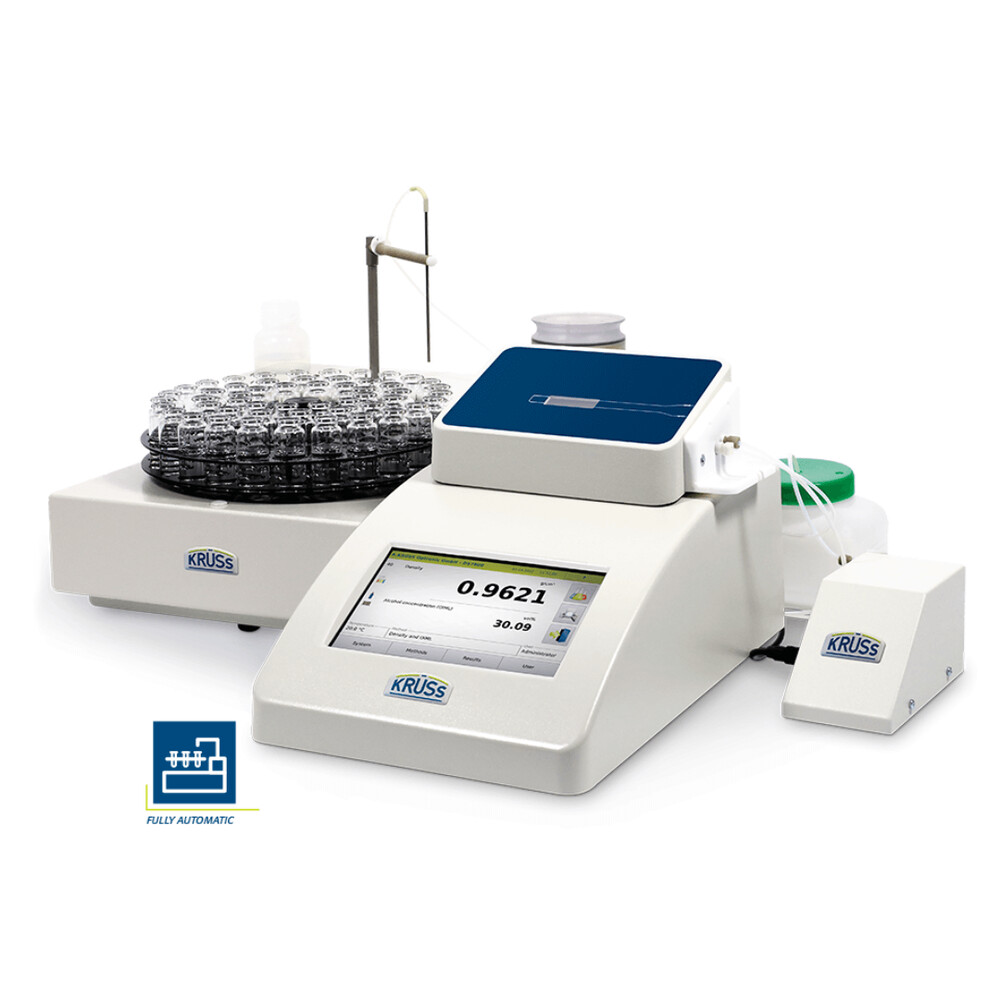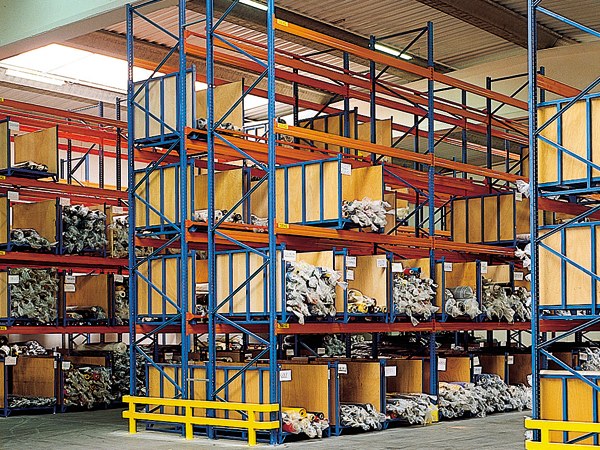A densimeter, alternatively referred to as a density meter, is an apparatus utilized for determining the density of various substances. Density, denoted by the Greek letter rho (ρ), is a physical property defined as the mass per unit volume of a substance. It is a critical parameter in various industries as it provides insights into the purity, concentration, and composition of a sample. https://roland.co.id
Definition and Principle
The basic principle of a density meter is to calculate the density of a sample using the formula:
$$\rho = \frac{m}{V}$$
where ( \rho ) is the density, ( m ) is the mass, and ( V ) is the volume of the sample. Density meters can measure both the wet and dry portions of a sample, providing a comprehensive understanding of its characteristics.
Function
Density meters serve multiple functions across different sectors:
- Quality Control: Ensuring the consistency and purity of products.
- Research and Development: Analyzing new materials and substances.
- Process Monitoring: Overseeing production processes in real-time.
Types of Density Meters
There are several types of density meters, each utilizing different technologies:
- Coriolis: Measures mass flow and density using the Coriolis effect.
- Nuclear: Uses radiation to determine the attenuation by the sample.
- Microwave: Employs microwave frequency to ascertain the sample’s properties.
- Ultrasonic: Utilizes ultrasonic waves to measure the density.
Usage
Density meters are widely used in various applications, such as:
- Chemical Industry: To measure the concentration of solutions.
- Food and Beverage: For quality control of syrups, oils, and other liquids.
- Environmental Monitoring: Assessing water quality and pollution levels.
- Pharmaceuticals: Determining the density of drugs and active ingredients.
Advantages
The use of density meters offers several advantages:
- Accuracy: Provides precise measurements of density.
- Efficiency: Allows for quick and continuous monitoring.
- Safety: Non-destructive testing that preserves sample integrity.
Conclusion
Density meters are indispensable tools in modern industry, providing essential data for quality control, product development, and compliance with standards. Their ability to deliver accurate and reliable measurements makes them a cornerstone in the analytical equipment arsenal.



